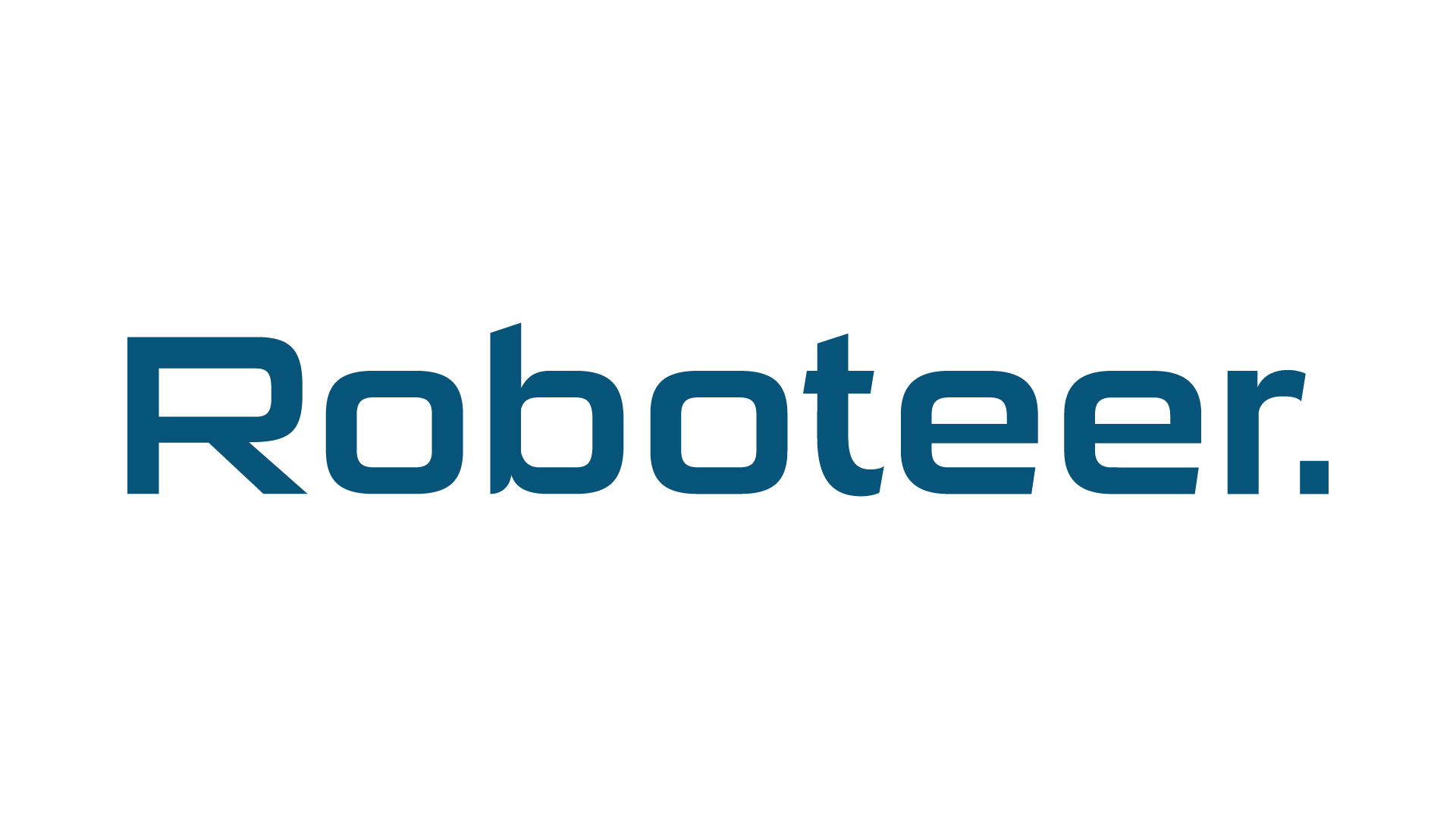In the realm of property, the terms 'block management' and 'property management' are often used interchangeably. However, these two disciplines, while sharing some similarities, are distinct in their focus and responsibilities. This blog aims to shed light on the differences between block management and property management.
What is Block Management?
Block management is the management of residential buildings with multiple units, such as apartment
complexes or
blocks of flats. A block manager is employed by either the freeholder (owner) of the block, or by
the leaseholders if
they have the right to manage the block. The primary responsibilities of a block manager include
overseeing the maintenance
and repair of communal areas, ensuring health and safety compliance, managing financial aspects such
as service charges and
ground rent, and resolving disputes among leaseholders.
Block management is a specialised field that requires a comprehensive understanding of
leasehold legislation, financial
budgeting, and the complexities of managing large facilities. It involves a high degree of
interaction with leaseholders and
freeholders to manage the block effectively and maintain the communal living environment to a high
standard.
What is Property Management?
Property management covers a broader spectrum of properties, including family homes, maisonettes,
and commercial properties,
in addition to multi-unit buildings. Most commonly, property managers are responsible for managing
residential properties on
behalf of landlords. A property manger is responsible for a wide range of tasks, including marketing
vacant properties,
screening prospective tenants, collecting rent, arranging for property maintenance and repairs, and
handling tenant complaints.
Property managers often work closely with property owners to ensure that their investment
is
well-maintained and profitable.
Block Management vs Property Management: The Key Differences
While both block managers and property managers share the common goal of maintaining properties and
ensuring tenant satisfaction,
there are several key differences between the two roles:
Scope of Responsibilities: Block managers focus on managing communal areas in multi-unit
residential buildings, while property
managers are involved in more individual tenant interactions.
Financial Management: Block managers typically handle service charges and ground rent
collection, while property managers deal
with rent collection.
Communication: Block managers often need to mediate disputes among leaseholders, while
property managers need to maintain relationships
with individual tenants and property owners.
While there is an overlap between block management and property management, the two disciplines are
distinguished by the property types that
are managed.
Block managers are in charge of cleaning and maintenance of community facilities, such as doing the
gardening, painting, and decorating. Repairs
to any car parks, stairwells, pavement, and monthly compliance site visits are all part of facility
maintenance which you do not typically get in
property management.
A property manager may own just one flat, and this could even be a flat in a managed block. If so,
the property manager is more concerned with the
interior of the flat and the tenant themselves. Property managers may well have to talk to block
managers to resolve issues that their tenant is having
with the block as a whole, such as bins or car parking problems.
If you want to know more about how we automate processes in block management, drop us a line.
